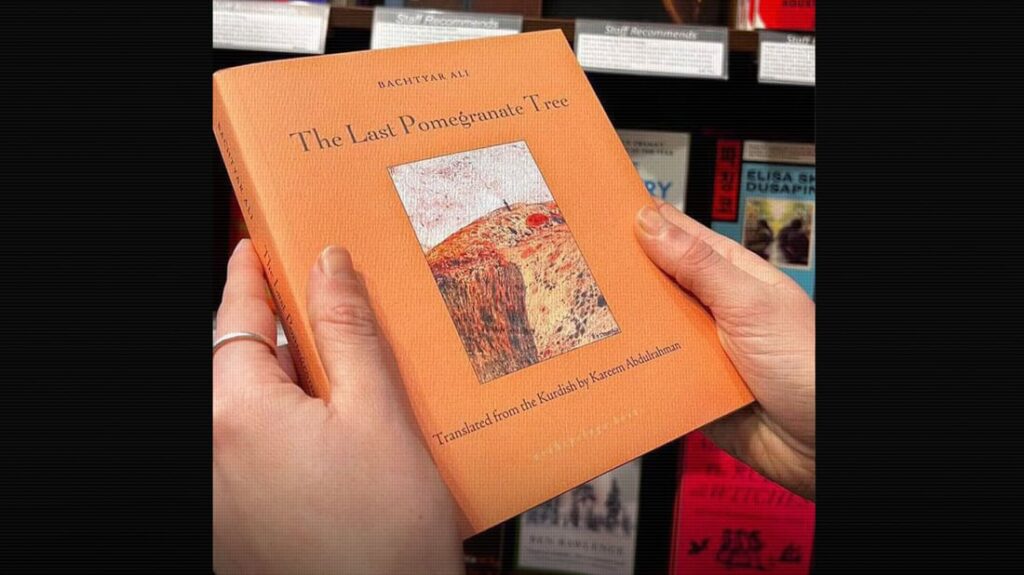Turkey will carry out operation in Kurdish northern Syria: Erdogan

ISTANBUL,— Turkey will carry out an operation east of the Euphrates river in Syrian Kurdistan (Rojava) in northern Syria, in an area controlled by the Kurdish YPG militia, Turkish President Tayyip Erdogan said on Sunday.
Turkey has been running out of patience with the United States, which made an agreement with Ankara to implement a safe zone in northeastern Syria. Erdogan said both Russia and the United States have been told of the operation.
Following U.S. President Donald Trump’s announcement last year of a planned U.S. withdrawal from northern Syria, the two NATO allies agreed to create a safe zone inside Syria along its northeastern border with Turkey, that would be cleared of the YPG militia.
Syria’s Kurds rejected a “security zone” under Turkish control along the Syrian side of the two countries’ border. In January 2019 a senior Syrian Kurdish politician and former co-chair of the Diplomatic Committee of the Democratic Union Party (PYD) Salih Muslim said that he supported a proposed buffer zone along the Turkish border as long as Ankara has no involvement. “We really need a safe area, but without Turkish fingers.”, Salih Muslim said.
The YPG was Washington’s main ally on the ground in Syria during the battle against Islamic State, but Turkey sees it as a terrorist organization.
Ankara says that the United States has stalled progress on setting up the safe zone and has demanded that Washington sever its relations with the YPG.
The operation, which would mark the third Turkish incursion into Syrian Kurdistan in as many years, was first signaled by Erdogan earlier this year but later put on hold.
“We entered Afrin, Jarablus, and Al-Bab. Now we will enter the east of the Euphrates,” Erdogan said on Sunday during a motorway-opening ceremony. “We shared this with Russia and the United States.”
In July Erdogan said Turkey will destroy Kurdish militants in north Syria regardless of U.S. talks.
If Turkey is truly concerned about terror, it could create a buffer within its own territory. But Turkish diplomats and generals must recognize that Turkish troops in Kurdish regions of Syria would be about as provocative as Armenian or Greek troops inside Turkey, Michael Rubin a former Pentagon official said in April.
Rubin said in his article “Turkey’s demand for a Syria buffer zone is about oil. The vast majority of Syria’s oil resources would also fall in the “buffer zone” that Turkey seeks to occupy. In effect, what Turkey seeks is not only the expulsion of Syrian Kurds from the buffer zone, but possession of the oil reserves their historic towns and villages sit over.”
Turkey fears the creation of a Kurdish autonomous region or Kurdish state in Syrian Kurdistan could encourage separatism amongst its own Kurds, according to analysts.
Analysts believe that Turkey is using the YPG as a pretext to invade Syrian Kurdistan and to undermine the Kurdish autonomous regions.
Turkey has launched two previous offenses into Syria against the Kurdish YPG, in 2016 and 2018 respectively.
In 2016, the Turkish troops entered northern Syria in an area some 100 km east of Afrin to stop the Kurdish YPG forces from extending areas under their control and connecting Syrian Kurdistan’s Kobani and Hasaka in the east with Afrin canton in the west.
In January 2018, Turkish military forces backed pro-Ankara Syrian mercenary fighters to clear the YPG from its northwestern enclave of Afrin. In March 2018, the operation was completed with the capture of the Kurdish city of Afrin.
The flags of Turkey and Syrian rebel groups were raised in the Kurdish Afrin city and a statue of Kurdish hero Kawa, a symbol of resistance against oppressors, was torn down.
Residents of the Kurdish city and Human right groups accuse Turkey and pro-Ankara fighters of kidnappings for ransom, armed robberies and torture.
In 2013, the Syrian Kurdish Democratic Union Party PYD — the political branch of the Kurdish People’s Protection Units (YPG) — has established three autonomous Cantons of Jazeera, Kobani and Afrin and a Kurdish government across Syrian Kurdistan in 2013. On March 17, 2016, Kurdish authorities announced the creation of a “federal region” made up of those semi-autonomous regions in Syrian Kurdistan.
Washington has for years supported the Kurdish-led Syrian Democratic Forces (SDF) in the fight against the Islamic State group in Syria, as part of an international anti-jihadist coalition dominated by the Kurdish People’s Protection Units (YPG). But U.S. President Donald Trump abruptly announced the pullout from Syria.
U.S. President Donald Trump agreed “100%” with keeping a military presence in Syria. U.S. said in February to leave some 400 U.S. troops in Syria over the longer run. 200 troops to remain in the Syrian Kurdistan in the northeast as part of a multinational force and 200 to remain at an outpost in al-Tanf in southern Syria.
The Kurdish PYD and its powerful military wing YPG/YPJ, considered the most effective fighting force against IS in Syria and U.S. has provided them with arms. The YPG, which is the backbone of the SDF forces, has seized swathes of Syria from Islamic State.
The Kurdish-led Syrian Democratic Forces expelled the Islamic State group from its last patch of territory in the eastern Syrian village of Baghouz in March 2019.
Copyright © 2019, respective author or news agency, Ekurd.net | Reuters
Comments



